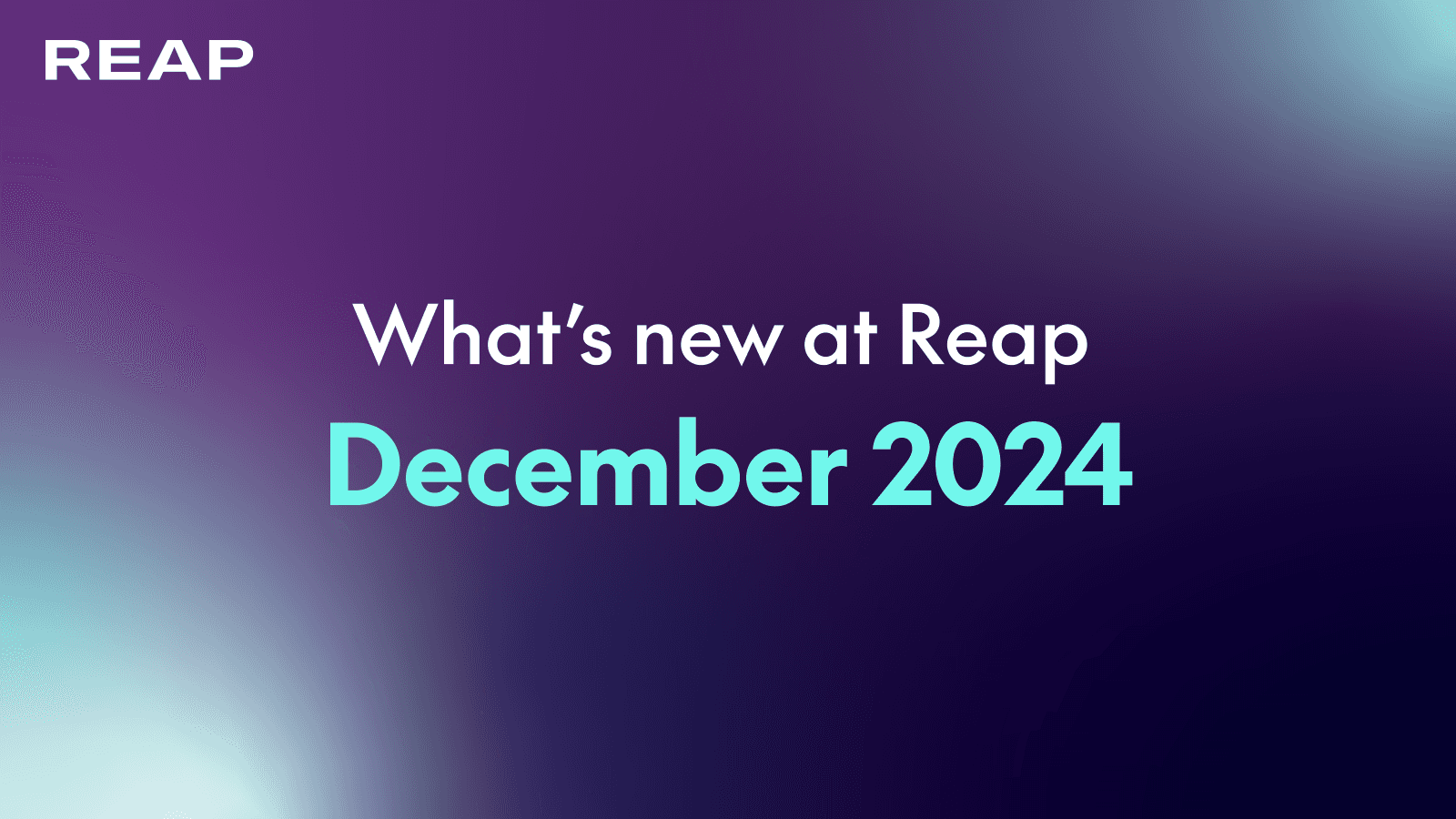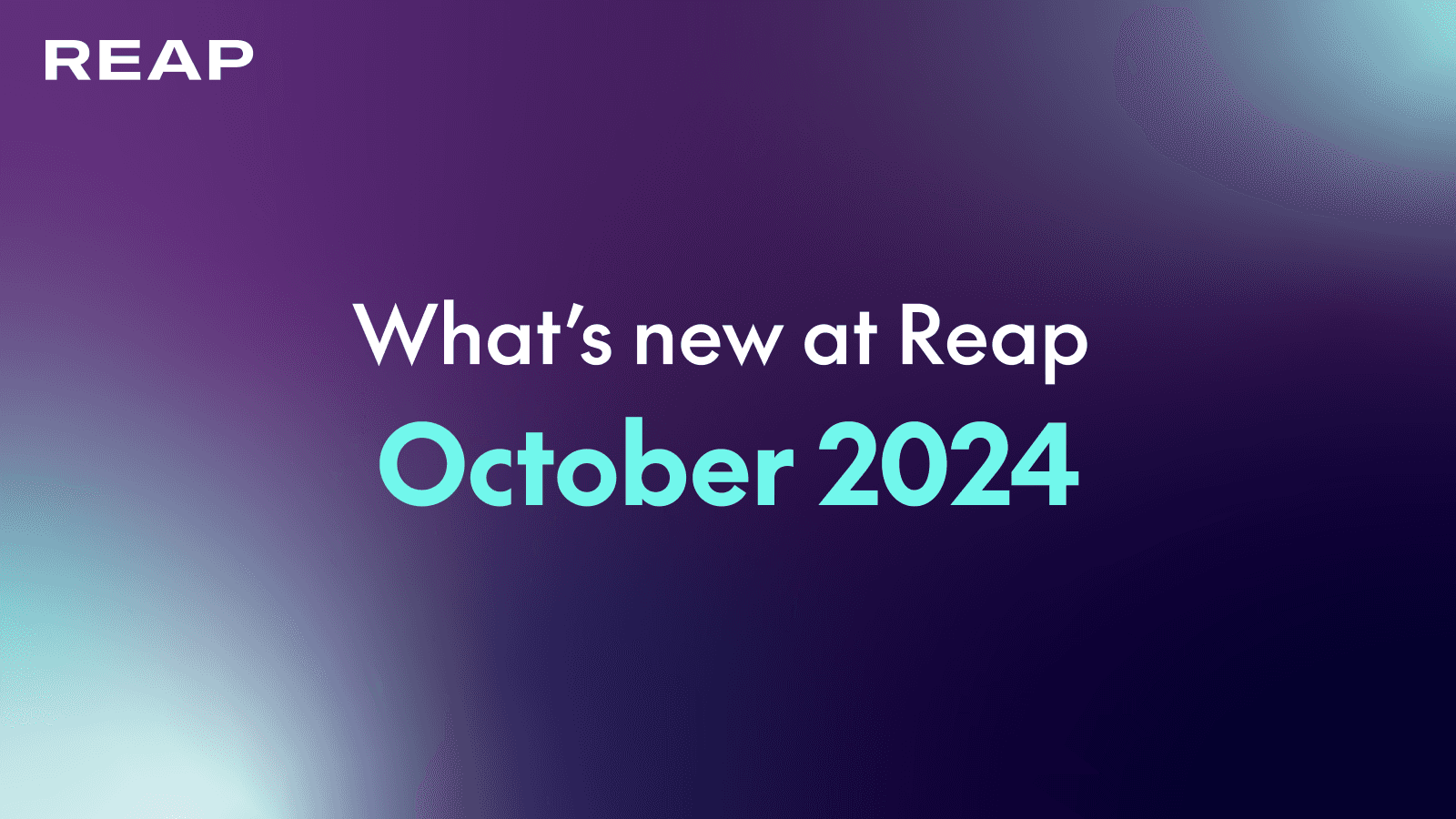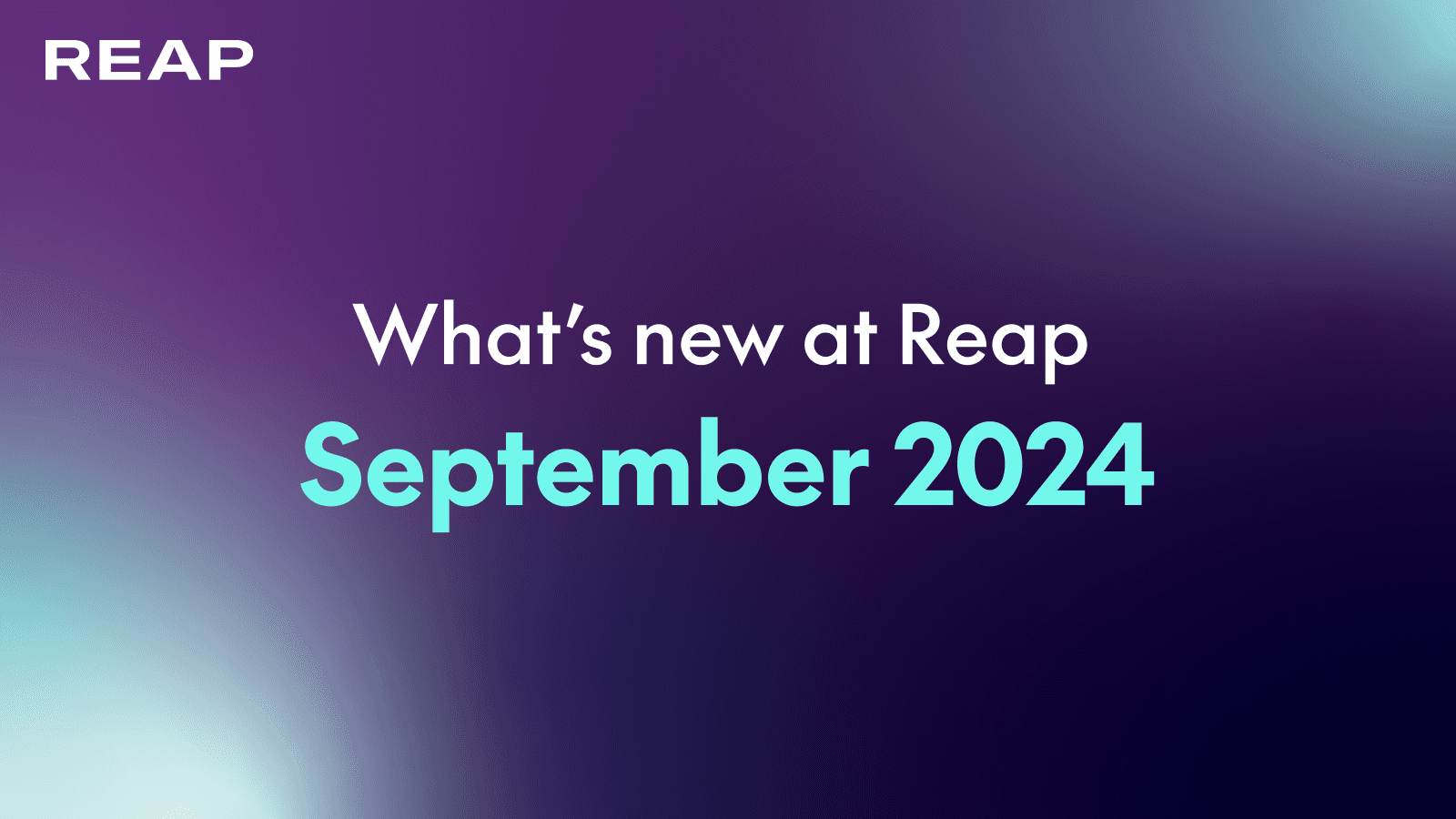Posted by
Anushka
on
Aug 20, 2024
When setting up a card program, one crucial decision your business must make is how to establish the spending capacity (i.e., credit lines) for the cards you intend to issue to your users. At Reap, credit lines for your cards are determined through collateralisation. We provide two collateral funding models: ‘Program Owner Managed’ and ‘Cardholder Managed’. The key difference between the two models is who controls the funding of the collateral that determine the credit lines of the cards.
This article will introduce and compare the two models so you can determine the right way to fund your card program.
What is the Program Owner Managed Funding Model?
The Program Owner Managed Funding Model allows your business as the Program Owner, to collateralise a specific amount with Reap, either in fiat or stablecoins, to fund the program. This amount, excluding fees, secures the master credit line available for all the cards you create.
Benefits of using the Program Owner Managed Funding Model for your business
Operational control: Since you as the Program Owner funds the program by collateralising with Reap, you gain full control over assigning and managing credit limits for your cardholders, thereby managing their spending capacity.
What is the Cardholder Managed Funding Model?
Our latest funding model, the Cardholder Managed collateral transforms your ability to oversee your program. This collateral is managed by individual cardholders. Your cardholders can send collateral via their designated collateral addresses, which, in turn, secures their personal credit limits.
With this model, your users are in control of their spending limits. Unlike the Program Owner Managed collateral, where your business needs to fund the entire program upfront, this approach empowers your users to directly contribute to their credit lines.
By sending stablecoins into their dedicated collateral addresses, your cardholders can instantly activate their spending power. This not only simplifies your program management but also enhances user experience and control.
Benefits of using the Cardholder Managed Funding Model for your business
Reduced financial operational workload
By eliminating the need to fund your entire program upfront, your business can shed operational duties and liquidity pressures related to initial funding. This means you will no longer have to manage user card balances, resulting in a more efficient financial management process.
Simplified integration
You no longer need to handle the complex integration between your existing infrastructure and Reap's infrastructure. In contrast to the Program Owner Managed Funding Model, which necessitates choosing between Standard or Real-Time Authorisation structures, the Real-Time model demands additional integrations and efforts for transaction approvals involving Visa, Reap, your business, and cardholders. Opting for the Cardholder Managed Funding Model streamlines the approval process by adhering to a Standard Authorisation Model, necessitating fewer integrations per transaction and ensuring seamless transaction approvals. With the Standard Authorisation approach, you don't need to create extra ledgers or systems to track individual card balances, and your business doesn't have to handle and respond to transactions directly. This simplified integration facilitates swift card launches and spending functionalities with minimal technical input, leveraging Reap's API to streamline the entire customer journey.
To learn more about authorisation models, check out our article Transaction Authorisation Models Explained: Standard vs Real-Time Authorisation
Benefits of using the Cardholder Managed Funding Model for your users
User-defined authorisation
Your cardholders have the freedom to set their own spending limits based on their financial needs.
Transparent fund management
Your cardholders maintain complete control and transparency over their digital assets. They can manage their assets in real-time and move funds whenever necessary.
Which type of business should choose the Cardholder Managed Funding Model ?
Decentralised (DeFi) businesses
This funding method aligns with decentralisation policies as it does not require your business to centralise funds on behalf of your users to Reap in order to fund the card program.
Web3 projects seeking fast and simple integration
By using this funding model, your business can launch your bespoke card program with just a few endpoints.
Determining your funding model is just one of the many considerations when launching your own card program. To learn more, reach out to the Reap team to chat or consider delving into the below listed articles.




